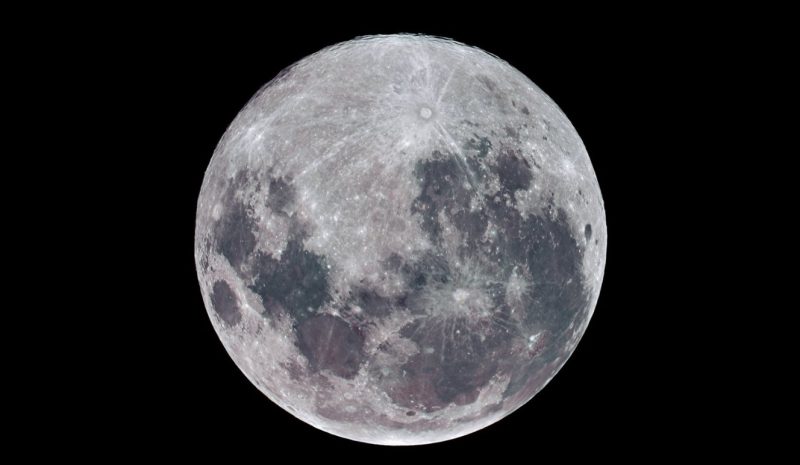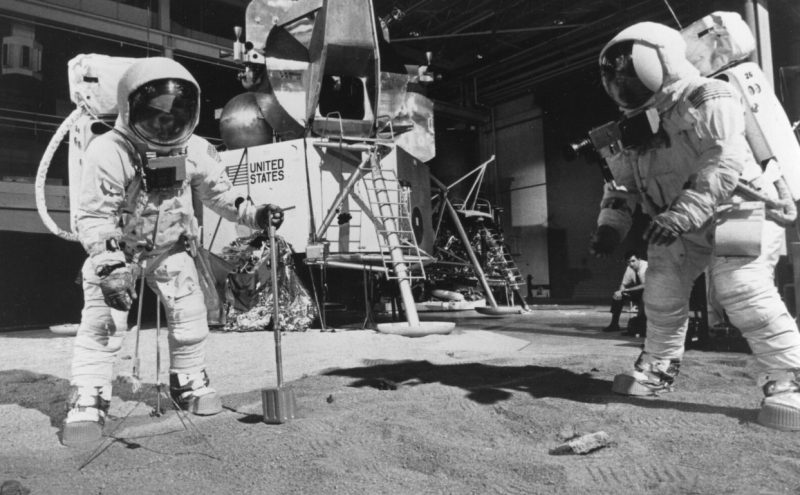
Humans have always been fascinated by how long does it take to get to the Moon. Getting to go to the Moon and back was first an idea of poets and philosophers, but later it became something achievable, as scientists on Earth managed to put our planet on a space exploration map. The Moon is our nearest neighbor in space and the starting point for our expeditions into the solar system. But even with today’s technology and more powerful propulsion systems, getting to our natural satellite will continue to be a highly challenging and costly endeavor. But let’s see what it really takes and how we got to such travels.
How long does it take to get to the Moon?
There have been many Moon missions so far, and as technology progresses, the timespan for getting there changed, too. The technology we use for space travel is advancing every day, so asking how long does it take to get to the Moon should happen more often because the answer to this question is continuously changing. More likely, a better question should be how many days to get to the Moon now. The short answer is about three days with the technology we have today and how, but there can be more aspects that influence this time.
Calculations were made according to some determining factors such as the distance between Moon and Earth, mission itinerary chosen, propulsion system chosen for this journey, number of space crew aboard the spacecraft that goes there, and whether this spacecraft will have to orbit our satellite before making its landing. While travelling at maximum speed, a space probe would take six hours and 15 minutes to get to the Moon, a crewed spacecraft would need about three days for the same journey.
How was the first person on the Moon?

Orbital Today has a very detailed account of the first flight to the Moon, but we will focus on the essentials alone. The first travel to the Moon in the past was completed by Apollo 11 crew commanded by Neil Armstrong, who was also the first human to have ever stepped on our natural satellite’s surface. He was followed by mission colleagues astronaut Buzz Aldrin, who is still alive and doesn’t mind sharing his story with the media by making an appearance in space documentaries or publishing books about his space experiences.
The third human to ever walk on the Moon was astronaut Peter Conrad, who died in a motorcycle accident back in 2008 at 69 years old. He conducted Apollo 12 mission, which got to the lunar surface on November 24, 1969. Considering each mission’s timespan, we can approximately see how long does it take to get to the Moon, even though every mission takes a different time to get to its destination. The shortest travels were still performed by unmanned spacecraft such as the New Horizons space probe, which took only 8 hours and 35 minutes to get to the Moon. Notably, New Horizons didn’t travel at maximum speed all the time.
Neil Armstrong and the Moon
There are a few people who have been to the Moon, but one that humanity will forever remember is Neil Armstrong because he was the first human who got there. Even if he is no longer alive, Neil Armstrong is still appreciated for his courage and determination in helping our planet enter a new era of space exploration. His first words when getting to the Moon’s surface were, “That’s one small step for man, one giant leap for mankind.” They will forever remain in our memory because they represent what we did to introduce ourselves to the vastness of the Universe.
But Armstrong was notoriously reserved about his achievements, and he preferred to put a spotlight on the crew who assisted him on his journey to the Moon. In other words, he didn’t give his first steps much importance. In an interview, when he was asked how it makes him feel to think that his footsteps would stay on the Moon’s surface for many thousands of years to come, he said that he sort of hoped someone would go up there and clean them up. This is not to say that he regretted going on the Moon. No. Just that Armstrong was always the kind of astronaut, who wanted team effort to be appreciated more.
Today, NASA is getting ready to build a more permanent base on the Moon, aiming to use this base as a halfway point for its upcoming Mars travels. So, Armstrong might get his wish of somebody cleaning up his Moon footsteps, even though we doubt it.

Taylor is a freelance SEO copywriter and blogger. His areas of expertise include technology, pop culture, and marketing.











